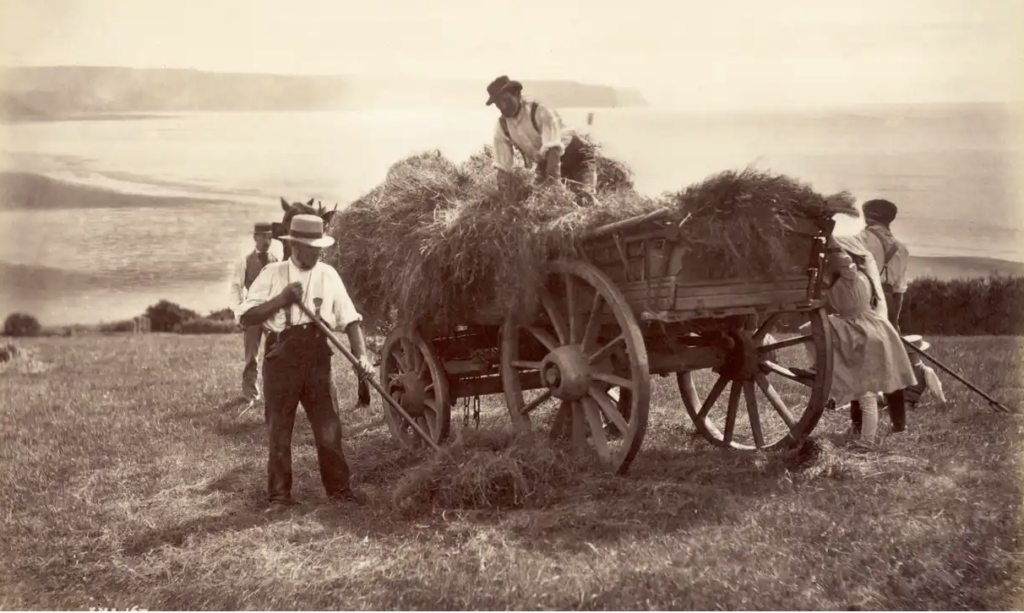SUTHERLAND George c1680 and Katherine Corner – 6th gg
THE STORY SO FAR
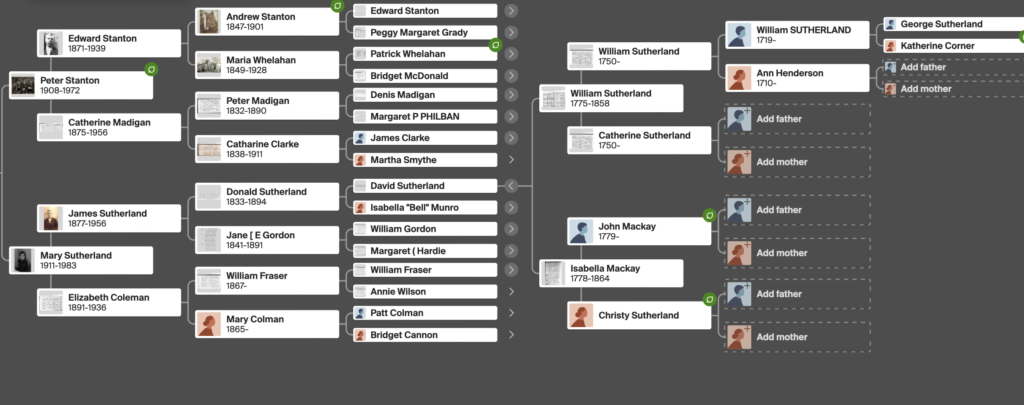
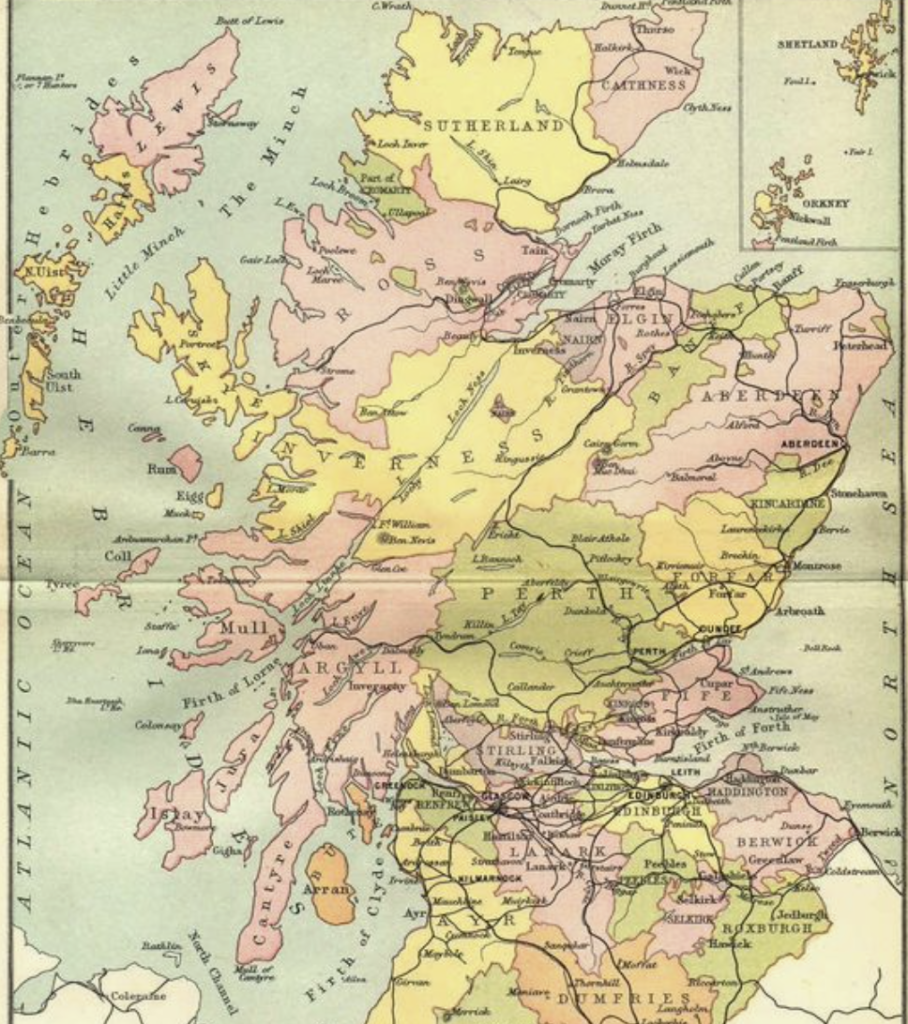
Son William Sutherland c1719 and Ann Henderson 5th generation

Son William Sutherland 1740 -and Catherine Sutherland 1745 – 4th generation
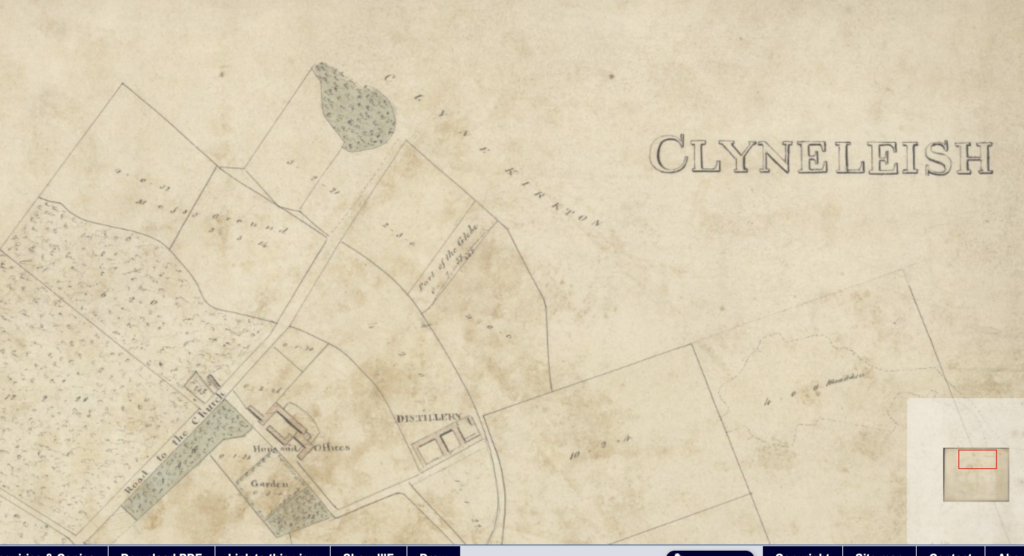
- WILLIAM SUTHERLAND was born c 1740 in Clynelish. He married Catherine Sutherland [maiden name also].
Son WILLIAM SUTHERLAND 1775-1858 and ISABEL McKAY 1778-1864? 3rd Generation
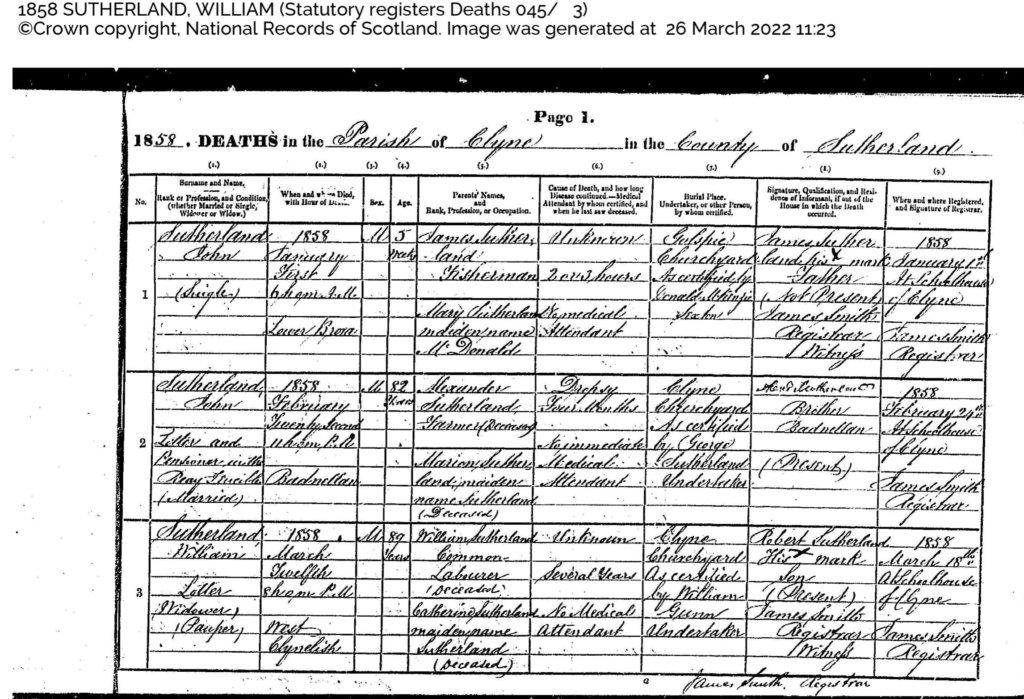
He is Denis’ s 4 x great grandfather.
Have traced two of their sons. direct line William and Alexander.
William was born in the year 1775 and this is his death certificate above.
William married Isabella Mackay in Tain on 9th November 1799 –
this is our direct line
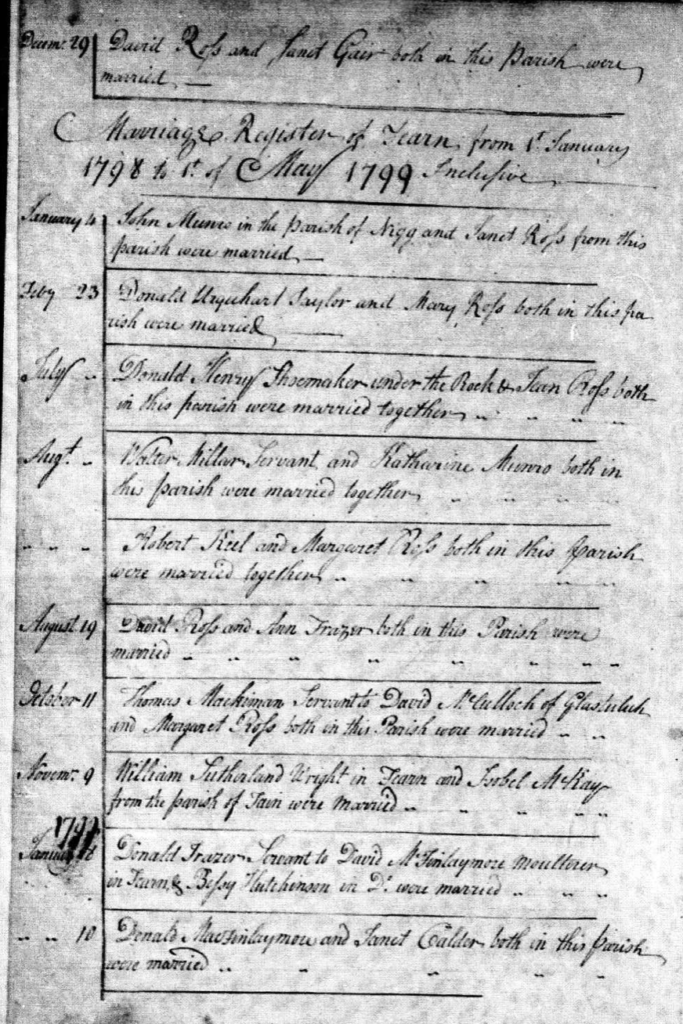
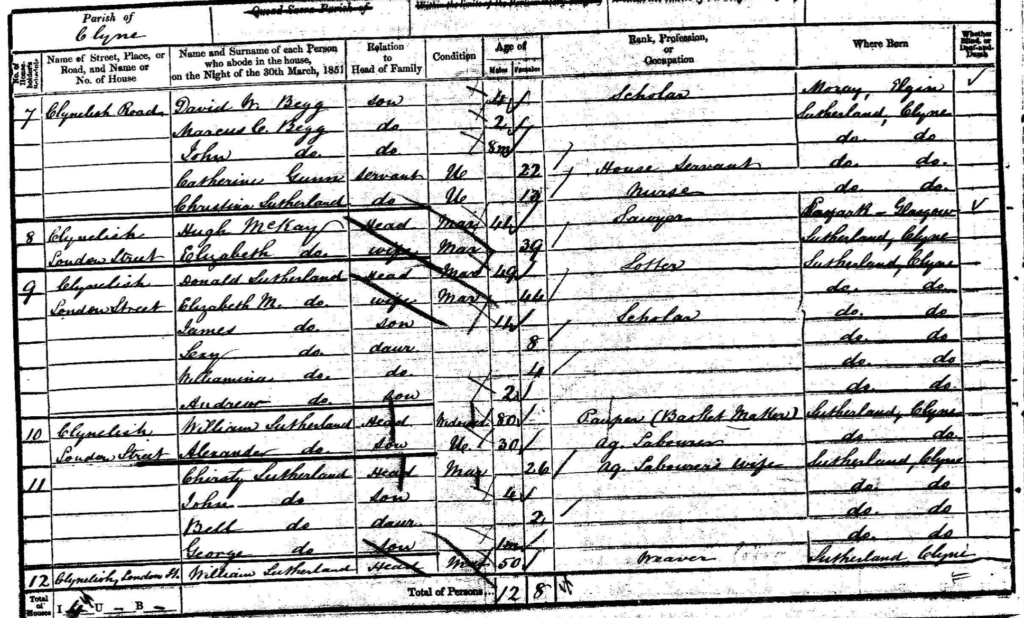
This 1861 census shows William now age 80, a pauper and basket maker. Born in Sutherland in Clyne. The address given as 10 Clyneleish, London Street. His son Alexander and his family also residing nearby at No. 11. Son William at No. 12. Also son Donald at No. 9
WILLIAM and ISOBEL’S CHILDREN
- David Sutherland 1799-1867 – direct line. Married Isabella Munro
- Christy or Christian Sutherland 1801. Married George Campbell
- Helen Sutherland 1803-1813
- Donald Sutherland 1806-1873 – twin – married Janet Murray
- William Sutherland 1806-1874 – twin – married Mary McKay
- Angus Sutherland 1808-1881 – married Elspet Polson
- Helen Sutherland 1813-1900 – married Murdoch Fraser
- George or Donald Sutherland 1814-1854 – no information
- Alexander Sutherland 1817-1819
- Annie Sutherland 1818-1915 – married Alexander Murray – Canada
- Alexander Sutherland 1819-1877 – twin – married Christina Sutherland
- Robert Sutherland 1819-1867 – married Christina Ross
This is the information we have to hand at present. The families were dotted throughout Sutherland in Tain, Clyne, Dornoch and many other areas in the surrounding area. It was to Elgin that our line ended up – David Sutherland
DAVID SUTHERLAND 1799-1867 and Bella or Isabella Munro 1804-1864 – direct line 2nd generation
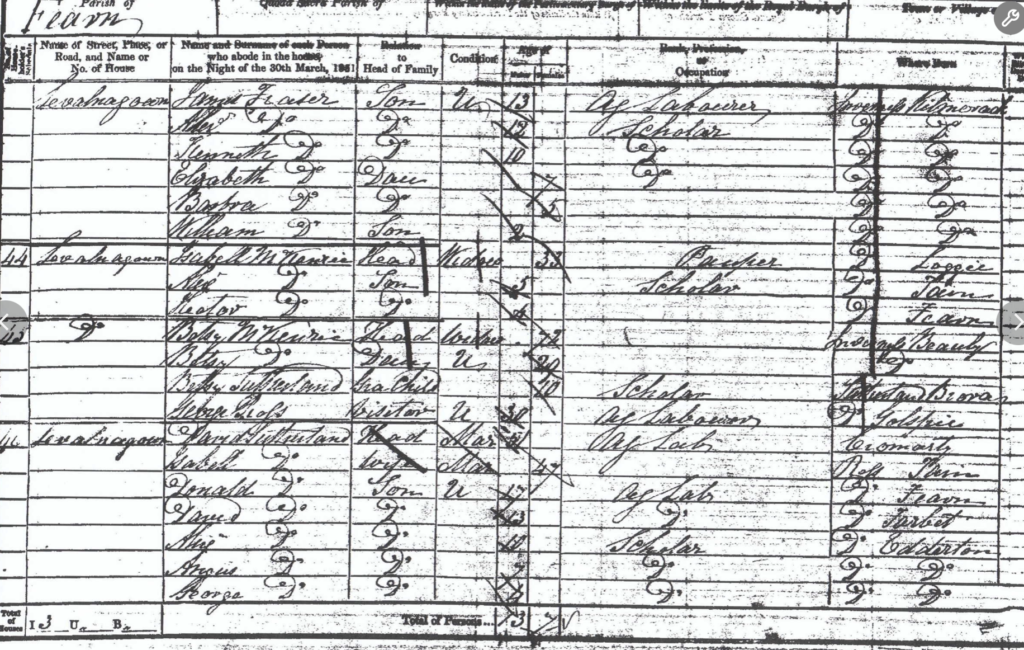
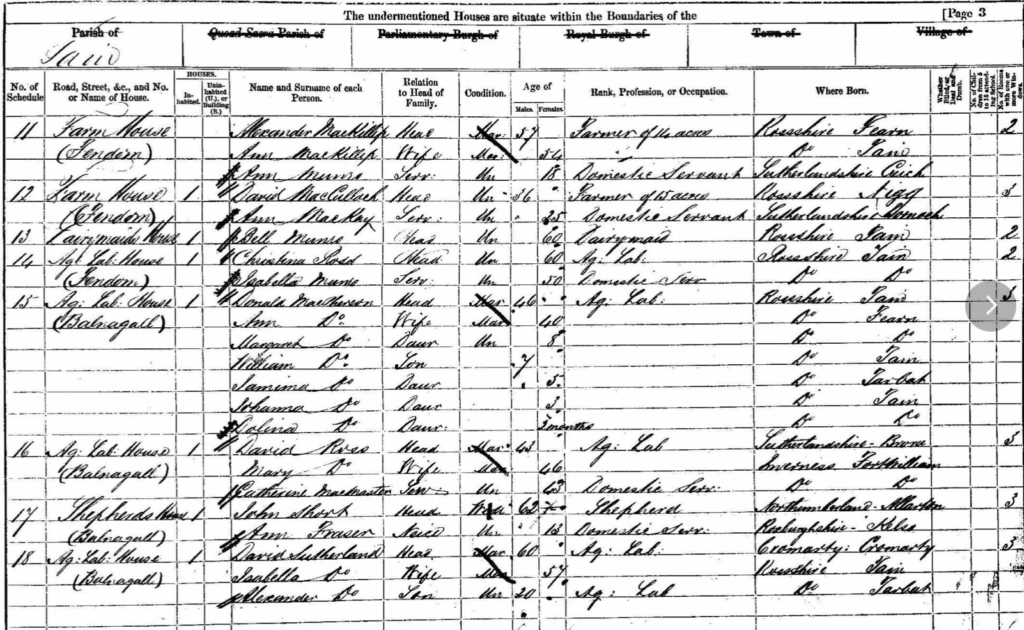
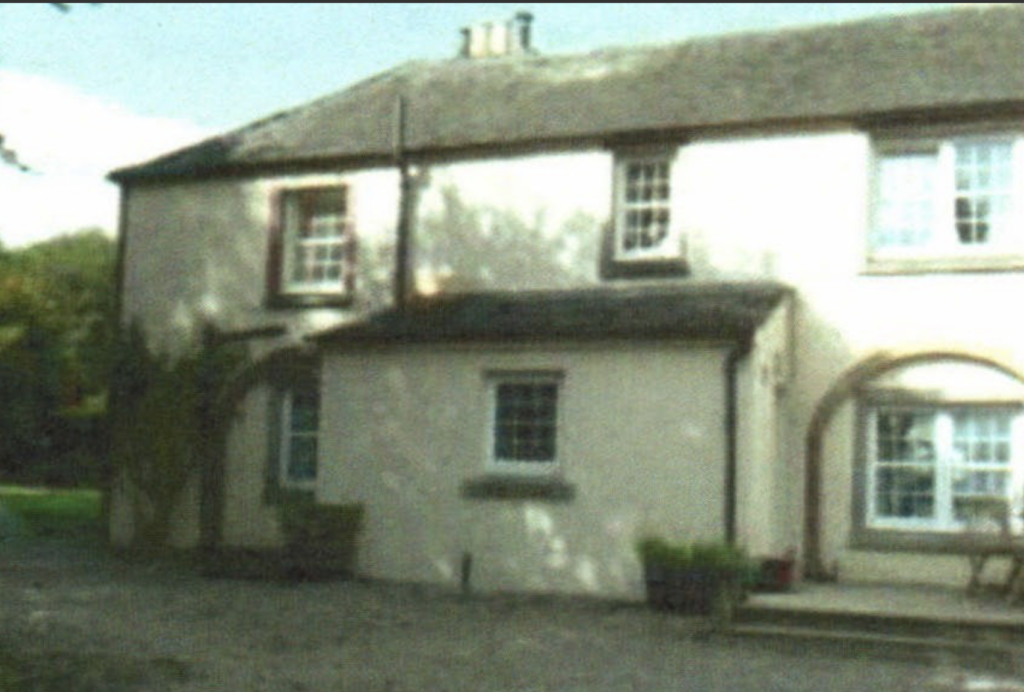

David Sutherland, Ploughman, widower of Isabella Munro
died of Bronchitis on 21st December 1867 at 210 High Street in Elgin.
Their children were
THE children of David Sutherland and BELLA Munro
MARGARET SUTHERLAND 1827-1888

CHRISTINA SUTHERLAND 1828-1912
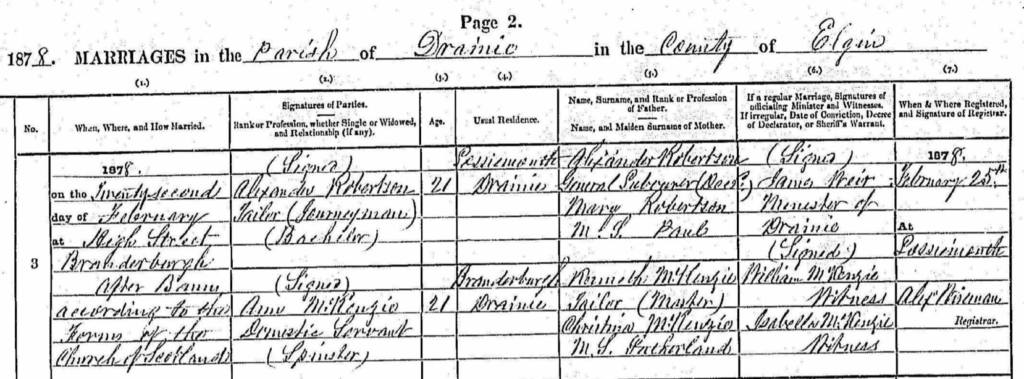

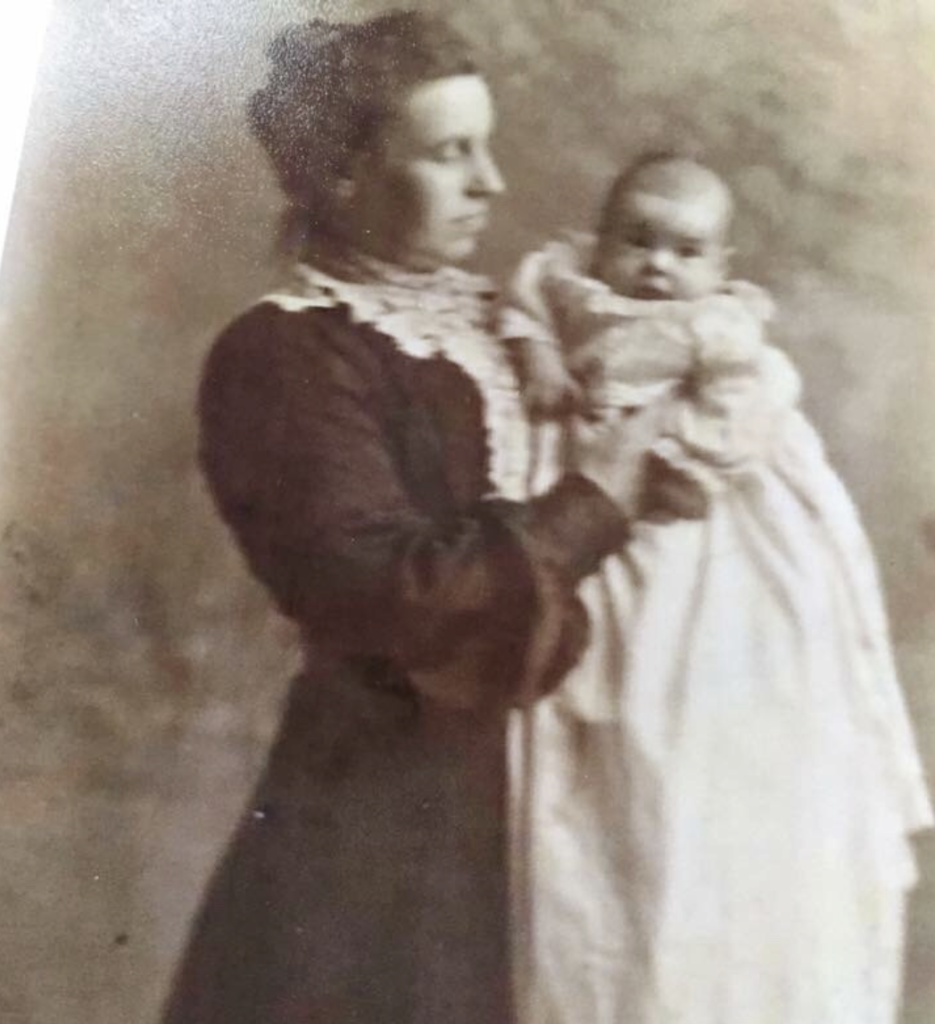
DONALD SUTHERLAND 1833-1894 and JANE GORDON – direct line

DAVID SUTHERLAND 1837-1919
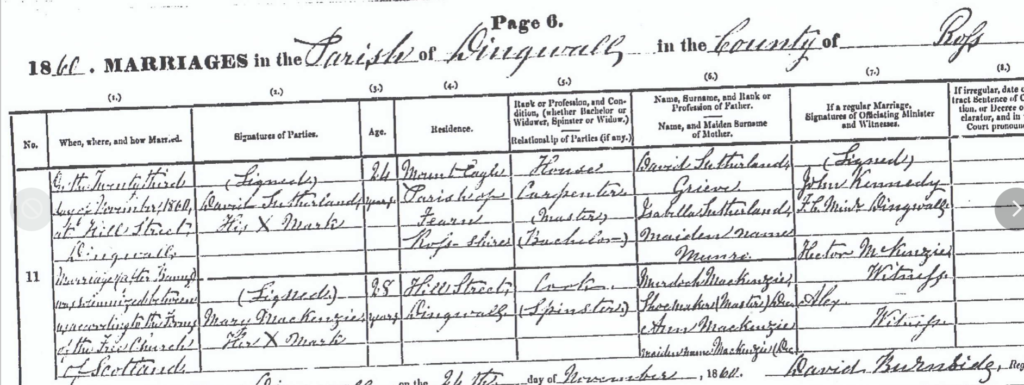

ANGUS SUTHERLAND 1845-1918

GEORGE SUTHERLAND 1847-1927

His brother Donald moved from Elgin down to Edinburgh and by the 1881 census was also a Carter and living in the Leith area. Donald our direct line
There were other children but at least three died in infancy, WILLIAM, HELEN and ANN
Where is Clyneleish, Sutherland
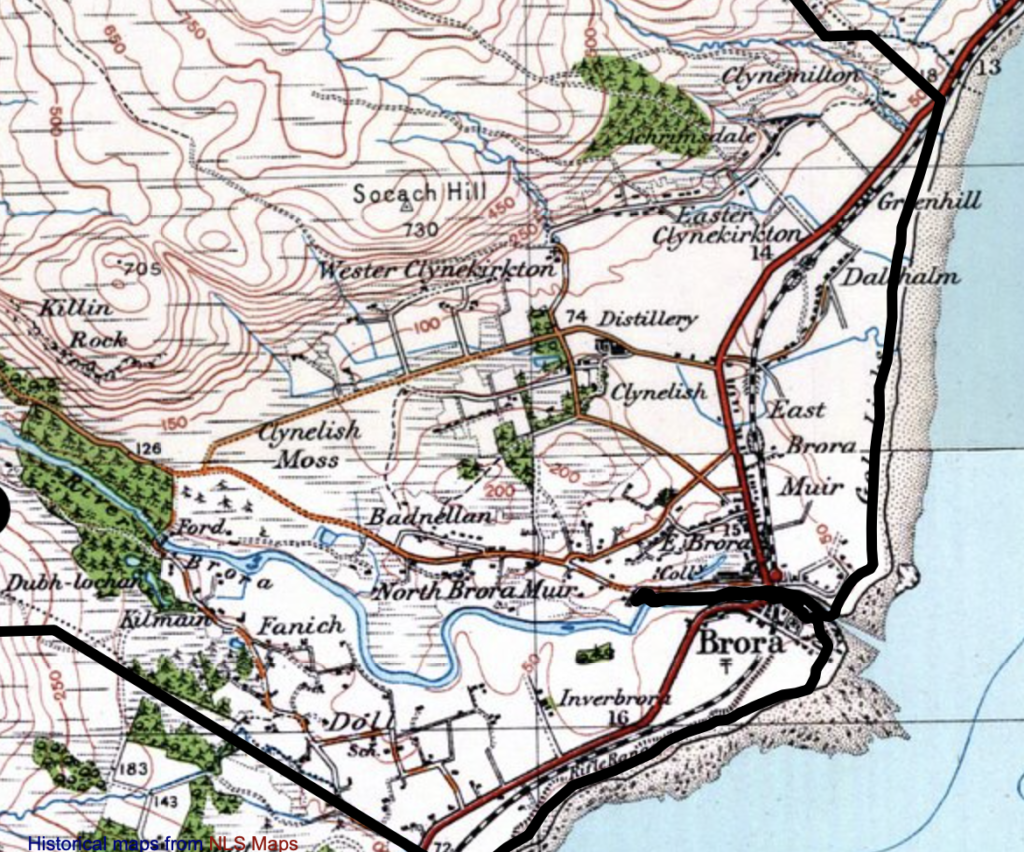
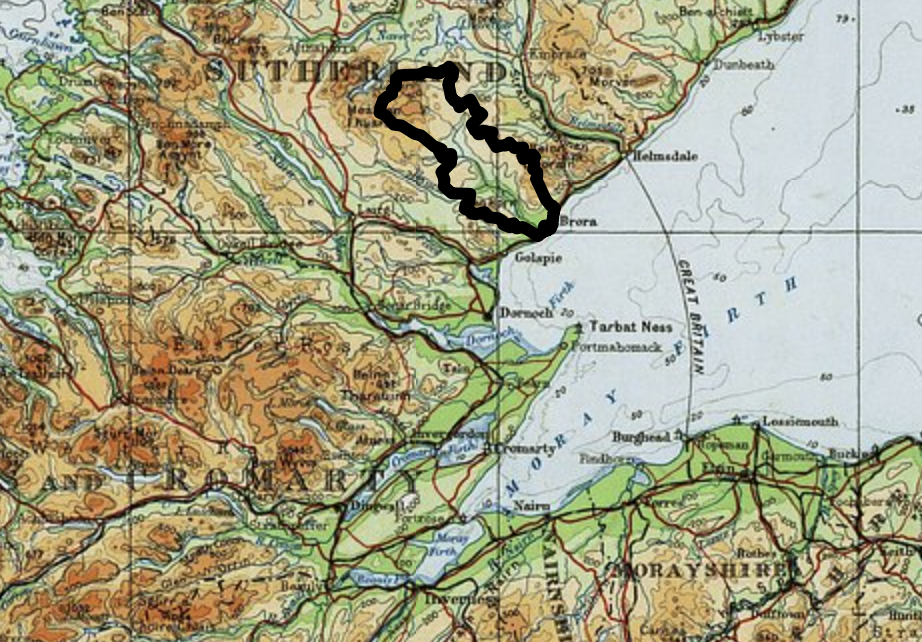
Clyne is a Parish in East Sutherland, not too far from the Dunrobyn Castle, the home of the Sutherlands Within its boundaries is the beautiful coastal village of Brora.
The history of the parish of Clyne is dominated by its long industrial past, e.g. coal mining, salt panning, tweed production, distilling, electricity generation etc. The early industries were established by the house of Sutherland and by the late Nineteenth Century Brora became known as the Industrial Capital of the North. It also has many Distilleries where the famous Clyneleish Whiskies are made.
Brora is a small industrial village, having at one time a coal pit, boat building, salt pans, fish curing, lemonade factory, the new Clynelish Distillery (as well as the old Clynelish distillery which is now called the Brora distillery[3]), wool mill, bricks and a stone quarry. The white sandstone in the Clynelish quarry belongs to the Brora Formation, of the Callovian and Oxfordian stages (formerly Middle Oolite) of the Mid-Late Jurassic. Stone from the quarry was used in the construction of London Bridge, Liverpool Cathedral and Dunrobin Castle. When in operation, the coalmine was the most northerly coalmine in the UK. Brora was the first place in the north of Scotland to have electricity thanks to its wool industry. This distinction gave rise to the local nickname of “Electric City” at the time. Brora also houses a baronial style clock tower which is a war memorial.
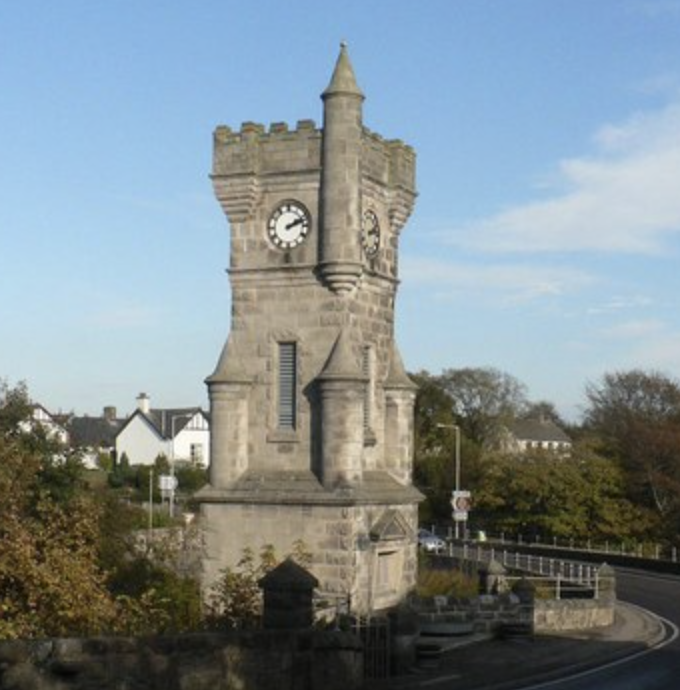
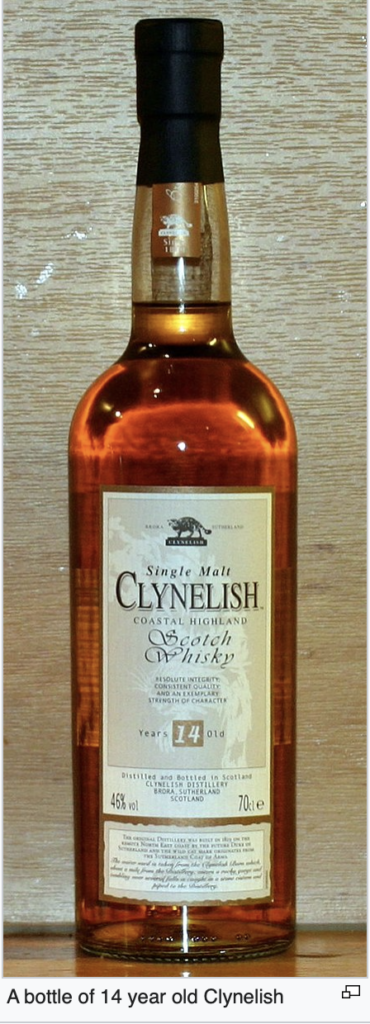
Crofting and fishing also played a major part in Clyne’s working past.
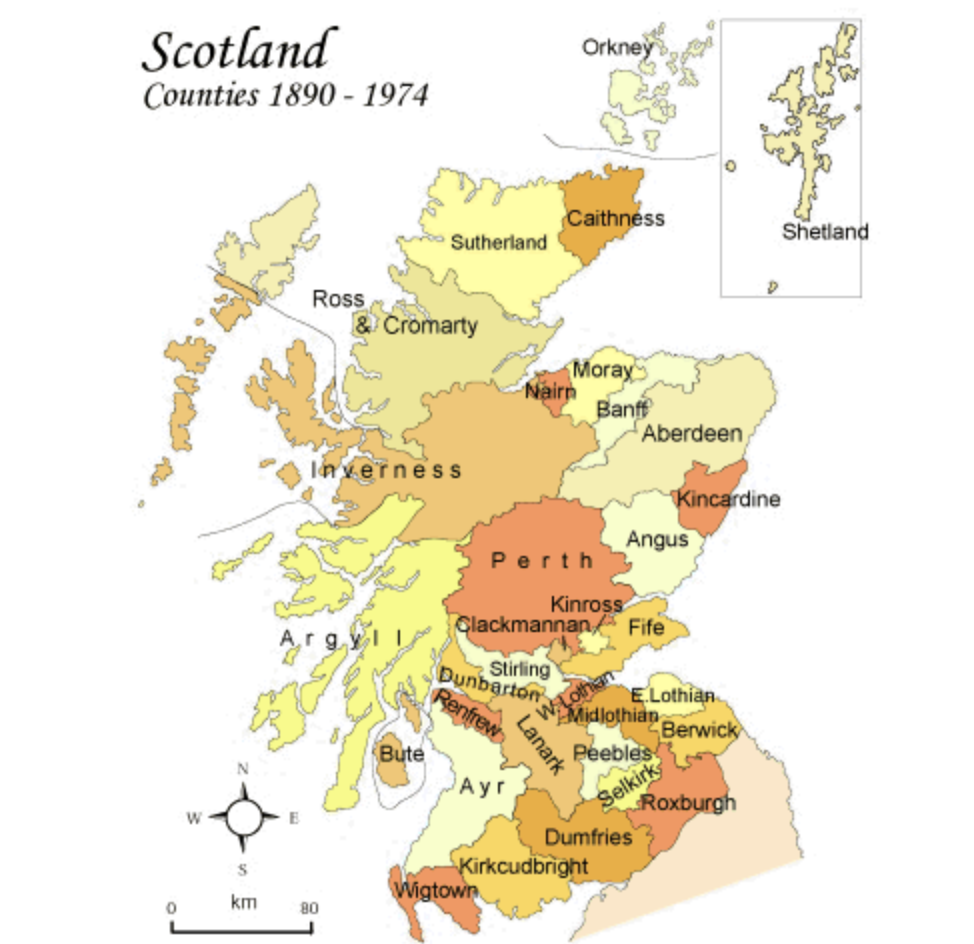
THE HIGHLAND CLEARANCES
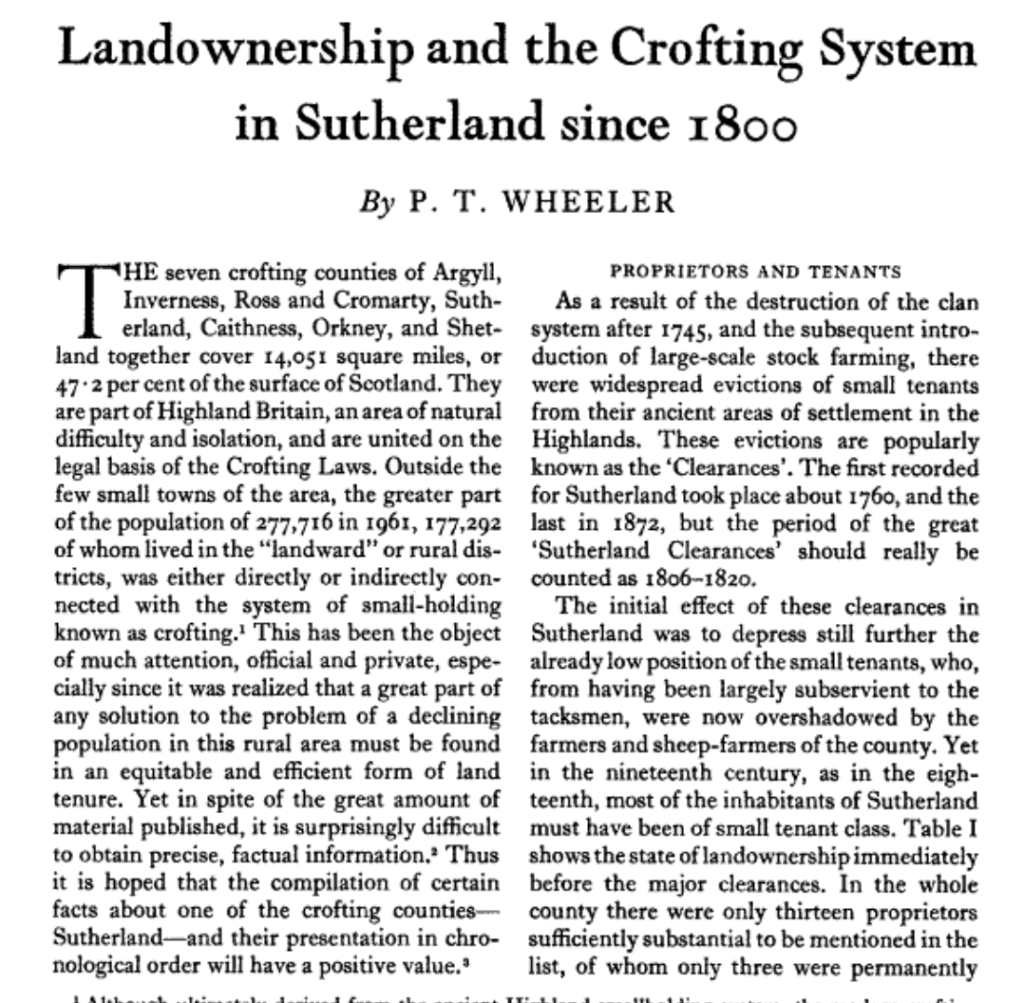
Between 1811 and 1821, around 15,000 people were removed from land owned by the Duchess of Sutherland and her husband the Marquis of Stafford to make room for 200,000 sheep. Some of those turned out had literally nowhere else to go; many were old and infirm and so starved or froze to death, left to the mercy of the elements. In 1814 two elderly people who did not get out of their cottage in time were burned alive in Strathnaver. In 1826, the Isle of Rum was cleared of its tenants who were paid to go to Canada, travelling on the ship ‘James’ to dock at Halifax. Unfortunately, every one of the passengers had contracted typhus by the time they arrived in Canada. This ‘transportation’ was not that uncommon, as it was often cheaper for landowners to pay for passage to the New World than to try and find their tenants other land or keep them from starvation. However, it was not always voluntary. In 1851, 1500 tenants in Barra were tricked to a meeting about land rents; they were then overpowered, tied up and forced onto a ship to America.
